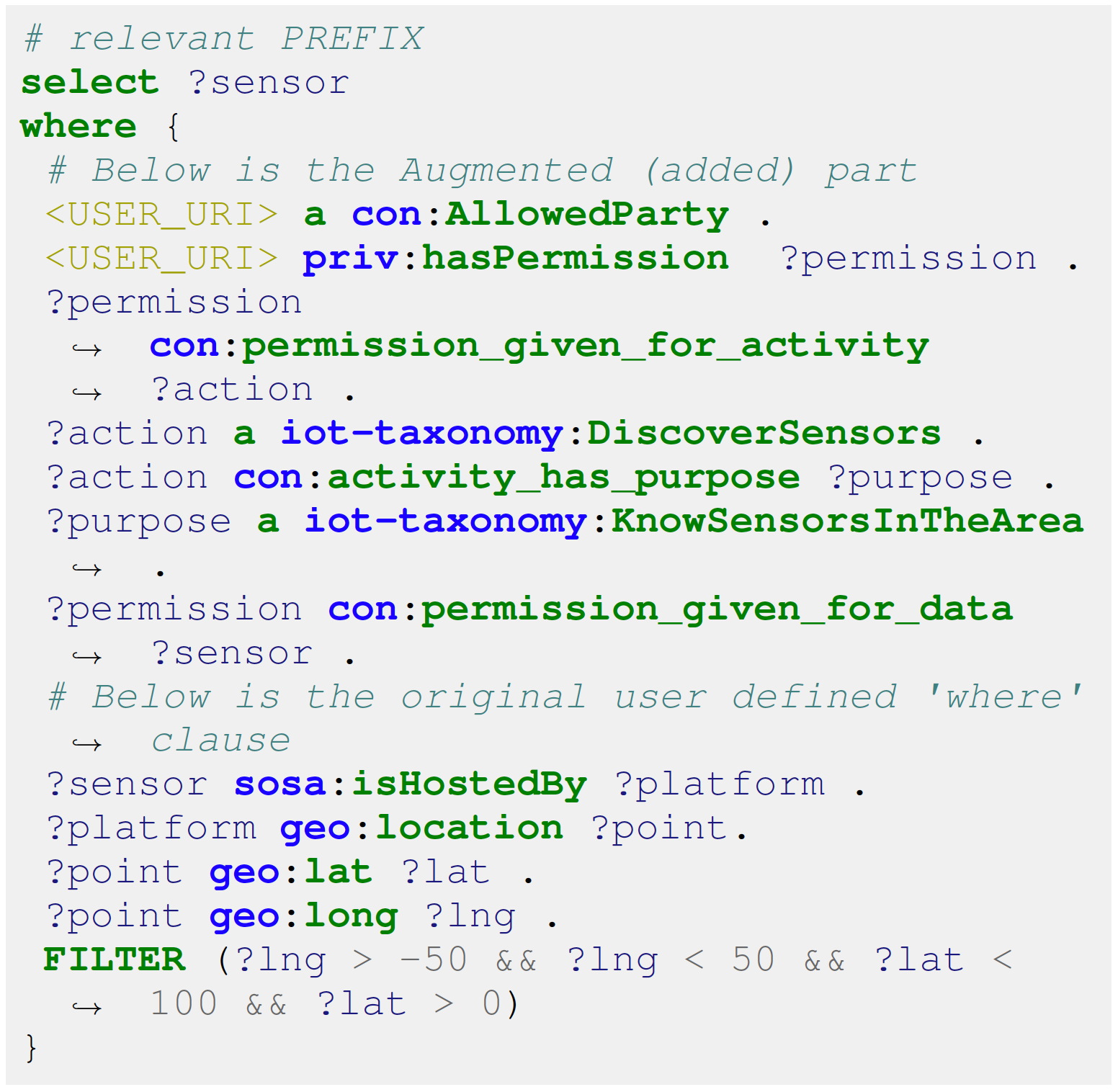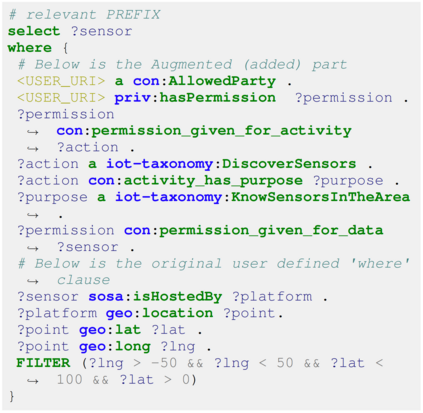Testing and experimentation are crucial for promoting innovation and building systems that can evolve to meet high levels of service quality. IoT data that belong to users and from which their personal information can be inferred are frequently shared in the background of IoT systems with third parties for experimentation and building quality services. This data sharing raises privacy concerns especially since in most cases the data are gathered and shared without the user's knowledge or explicit consent or for different purposes than the one for which the data were initially gathered. With the introduction of GDPR, IoT systems and experimentation platforms that federate data from different deployments, testbeds and data providers must be privacy-preserving. The wide adoption of IoT applications in scenarios ranging from smart cities to Industry 4.0 has raised concerns with respect to the privacy of users' data collected using IoT devices. Many experimental smart city applications are also using crowdsourcing data. Inspired by the GDPR requirements, we propose an IoT ontology built using available standards that enhances privacy, enables semantic interoperability between IoT deployments and supports the development of privacy-preserving experimental IoT applications. On top, we propose recommendations on how to efficiently use the ontology within IoT testbed and federating platforms. Our ontology is validated for different quality assessment criteria using standard validation tools. We focus on "experimentation" without loss of generality, because it covers scenarios from both research and industry, that are directly linked with innovation.
翻译:测试和实验对于促进创新和建设能够演变以达到高服务质量水平的系统至关重要; 属于用户并且可以推断其个人信息的IoT数据经常在IoT系统背景下与第三方共享,用于试验和建设优质服务; 这种数据共享引起了隐私问题,特别是因为在大多数情况下,数据是在没有用户知识或明确同意的情况下,或者为了与数据最初收集的目的不同的目的而收集和共享的; 随着采用GNSR、IoT系统和实验平台,这些平台将来自不同部署、测试台和数据提供者的数据联合起来,必须保护隐私; 在智能城市到工业4.0等各种情景中广泛采用IoT应用程序, 引起了人们对使用IoT设备收集的用户数据隐私的关切; 许多实验性智能城市应用程序也在使用众包数据。受GDPR要求的启发,我们建议使用IoT软件的通用标准,使IoT的部署能够实现语义互通性互操作性,并支持开发隐私测试IoT应用程序。 在最上面,我们建议如何在不使用标准化的测试和测试平台上,我们建议如何使用“在不使用标准测试工具进行高效的测试”。







